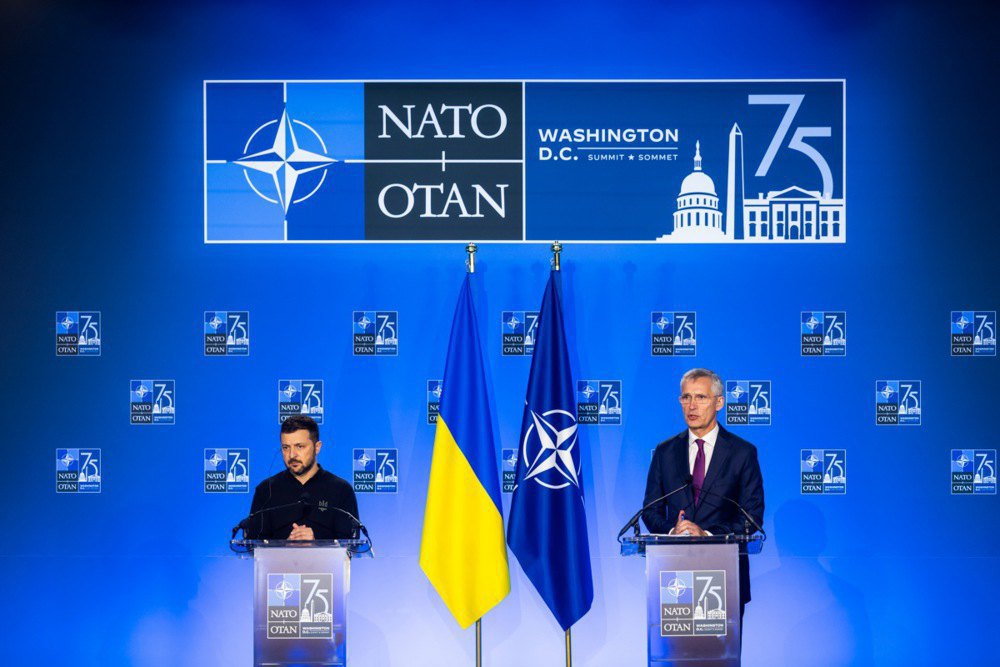Ukraine's path to NATO began later than that of other European countries. But while the former members of the socialist camp went through it relatively quickly and, as a rule, without too many complications, we were not so lucky. It is quite possible that the story of Ukraine's accession to the Alliance will last for decades and set a historical record.
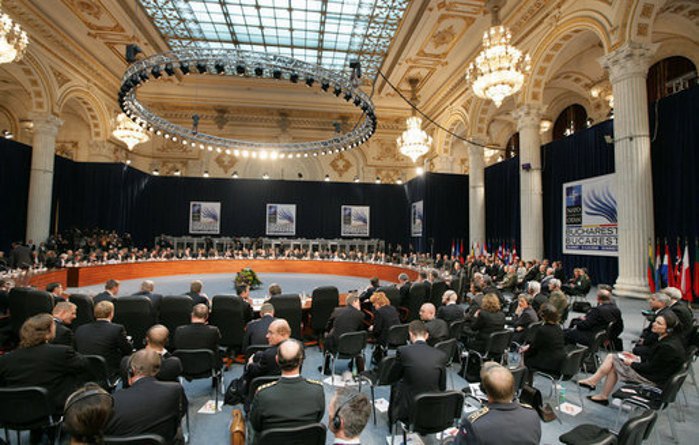
When the formula was announced at the NATO summit in Bucharest in April 2008 that the bloc's doors were open to Ukraine, no one could have imagined that they would be open for more than 16 years. But it is still impossible to enter them.
Russian aggression has dramatically changed the geopolitical situation. First of all, for the first time, a consensus on NATO membership has emerged in Ukrainian society. But it has not given NATO leaders the resolve to formally invite Kyiv. Undoubtedly, NATO's role in supporting Ukraine and repelling Russian aggression is extremely important. However, there is a line in cooperation between Kyiv and the Alliance that can only be crossed if Ukraine becomes a full member.
In July 2023, Ukraine was very hopeful that NATO would decide to announce a membership action plan at the Vilnius summit. When it became clear that there would be no specifics, Volodymyr Zelenskyy posted an angry tweet in which he called the lack of a timeframe for joining the Alliance "unprecedented and absurd". He also suggested that Ukraine's membership in NATO was being bargained for in future negotiations with Russia. "Uncertainty is weakness," the Ukrainian president said at the time. However, his emotions did not affect the firm conviction of the leaders of the United States and Germany not to invite Ukraine to NATO.
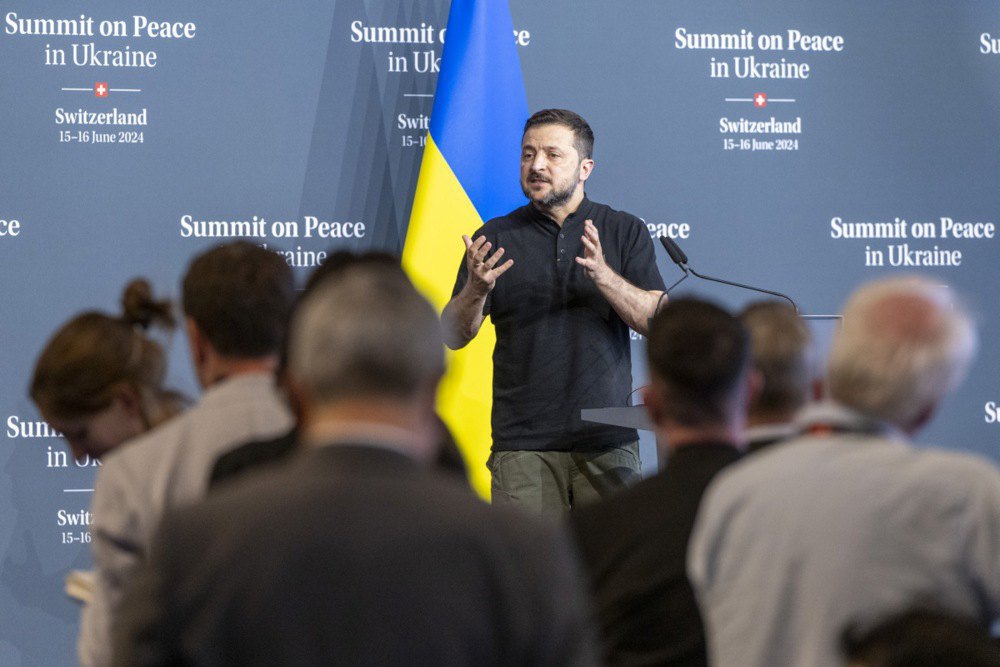
As a result, the Alliance decided to remove the Membership Action Plan for Ukraine and confirm that Ukraine would one day become a member. At the time, some politicians and experts assumed that Ukraine would be invited to join NATO at the summit in Washington. They said it would be the anniversary year for the bloc. In addition, such an invitation would strengthen the position of US President Joe Biden on the eve of the election. Time has shown that these assumptions were wrong.
Just like a year ago, the main opponents of Ukraine's invitation to join the Alliance were the leaders of the United States and Germany. As a result, we have seen some useful decisions that can strengthen Ukraine's defence capabilities. In particular, an agreement to allocate €40 billion for our country in 2025. The establishment of a structure to provide assistance, military equipment and training to the Armed Forces of Ukraine and the NATO-Ukraine Joint Analysis, Training and Education Centre. It was also agreed to provide us with additional air defence systems. However, the main thing - an invitation to join the Alliance - was not forthcoming.
"We continue to support Ukraine on its irreversible path to full Euro-Atlantic integration, including NATO membership. Ukraine's future is in NATO," the summit communiqué said.
US Secretary of State Antony Blinken also spoke of an "incredibly powerful package" for Ukraine that would build a "strong bridge" to NATO membership. Well, it's nice to hear such words. But all of this is political verbal equilibristics, devoid of specifics and time frames. Interestingly, a few days before the summit, the Biden administration was against the inclusion of the phrase "irreversible path of Ukraine to the Alliance" in the text. However, under pressure from several European leaders, it changed its mind.
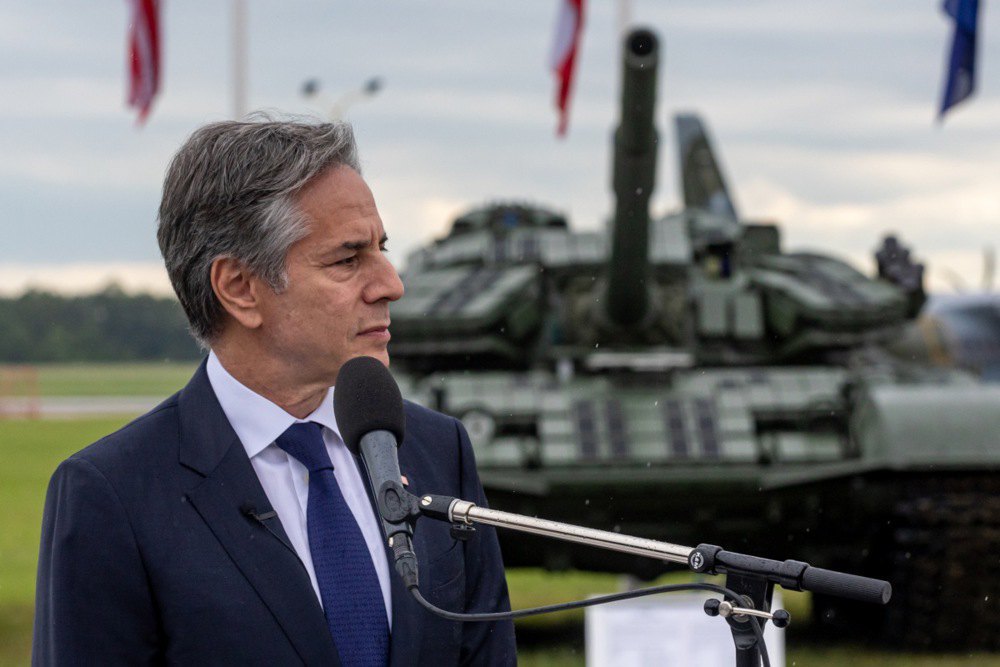
It is a positive signal that NATO has made this clear: Russia is the main threat to the security of the bloc and bears "sole responsibility" for its aggressive war against Ukraine. "Russia's full-scale invasion of Ukraine has destroyed peace and stability in the Euro-Atlantic area and seriously undermined global security. Russia remains the most significant and direct threat to the Alliance's security," the Summit Declaration said.
The NATO heads of state called on Russia to fully withdraw its troops from Ukraine and stressed that they will never recognise Russia's illegal annexation of Ukrainian territory, including Crimea. At the same time, they added that they do not want confrontation and are ready to maintain channels of communication with Moscow.
The final declaration of the summit also mentions China as "a decisive factor in Russia's war against Ukraine through its so-called borderless partnership and large-scale support for Russia's defence industrial base".
Was the NATO summit a success for Ukraine? It can be called successful in terms of the agreement on support and new arms supplies. However, the correct and powerful words used in the declaration and the well-placed accents are primarily just words. The main thing is that the invitation to join the Alliance has been granted. And now there is no way to name at least an approximate timeframe for when this will happen.
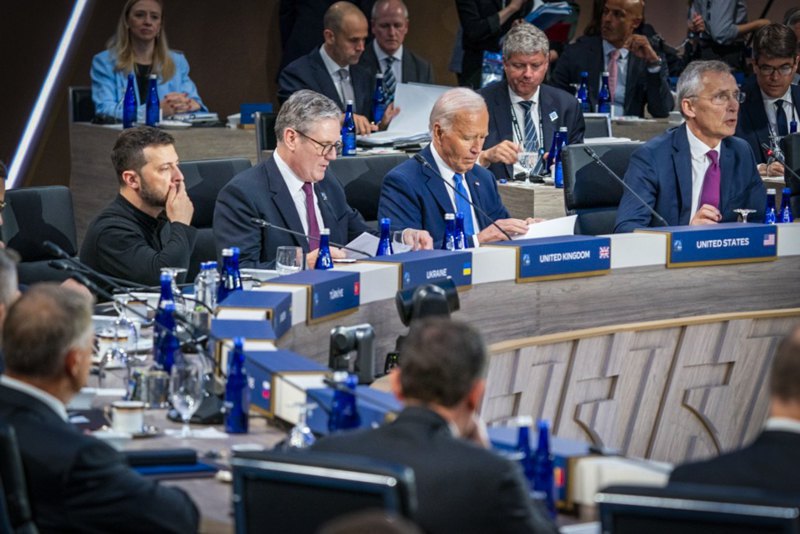
As NATO Secretary General Jens Stoltenberg said on the eve of the Washington summit, Ukraine needs a consensus to become a NATO member. This is a political decision, but it is too early to say when it will be made. The problem is that getting all Allies to agree to accept Ukraine into NATO is a very difficult task. Opponents of Ukraine's accession to NATO are manipulating the fear of the outbreak of World War III. They are also sending clear signals that they have no desire to enter into a conflict with Russia.
Jens Stoltenberg: "We really want Ukraine to join the Alliance and we are working to make it happen"
"I understand Ukraine's desire, it is a sovereign country, but Ukraine's membership in NATO is only a guarantee of World War III," said Slovak Prime Minister Robert Fico. A similar view is shared by Hungarian leader Viktor Orbán, who believes that Ukraine should be a buffer between Russia and NATO. It should be understood that such sentiments, although not officially voiced, may be shared not only by the leaders of Slovakia and Hungary.
The fear of war with Russia paralyses the political will of many Western politicians. This includes the administration of US President Biden and German Chancellor Olaf Scholz. This fear is always present and affects the supply of weapons to Ukraine and the prohibition of strikes deep into Russian territory. It is one of Russia's informal allies in the international arena. Inviting Ukraine to join NATO requires a great deal of political courage and will, the ability to be strong and make decisions that Russia and other authoritarian regimes in the world may not like. But these are qualities that are in short supply among today's Western leaders. So we have to put up with what we have. And be satisfied with phrases that bring Ukraine closer to NATO, build a bridge to the doors that have been open since 2008. However, no one can predict how long this bridge will be.
